In a significant move, major Japanese publishers including Bandai Namco and Square Enix, through the Content Overseas Distribution Association (CODA), are urging OpenAI to stop training its AI video generation tool Sora 2 on their copyrighted works. This request emphasizes the necessity for prior permission from creators before using their content in machine learning, aligning with Japanese copyright laws. The statement also critiques Sora 2's opt-out policy, highlighting that copyright owners must actively opt out, which contradicts the principle of needing consent beforehand. CODA is vital for promoting copyright protection against piracy and works with various multimedia sectors.
What is CODA and why are they concerned about Sora 2?CODA, or Content Overseas Distribution Association, is an organization responsible for copyright protection and the legal distribution of Japanese media, including video games, movies, and music. They are concerned about Sora 2 as it utilizes their creative works in AI training without permission, violating Japanese copyright laws that require explicit consent prior to such use.
The issue at hand reflects the growing concern about the implications of AI technology in the creative industry. As AI tools become more prevalent, the need for clear copyright regulations is increasingly relevant, especially in sectors like gaming where content creators and developers rely heavily on their intellectual properties.


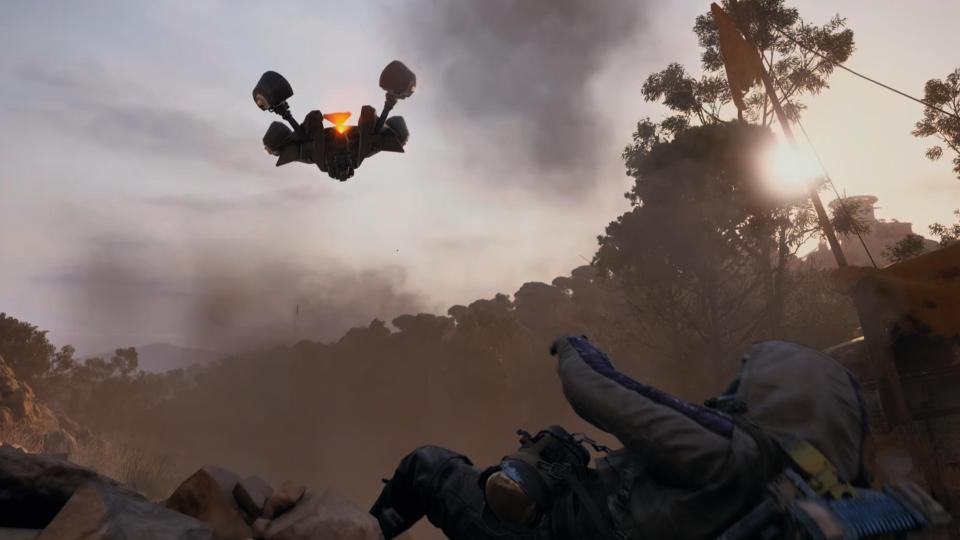
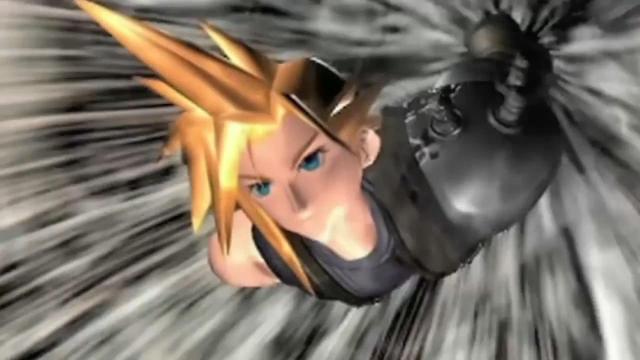

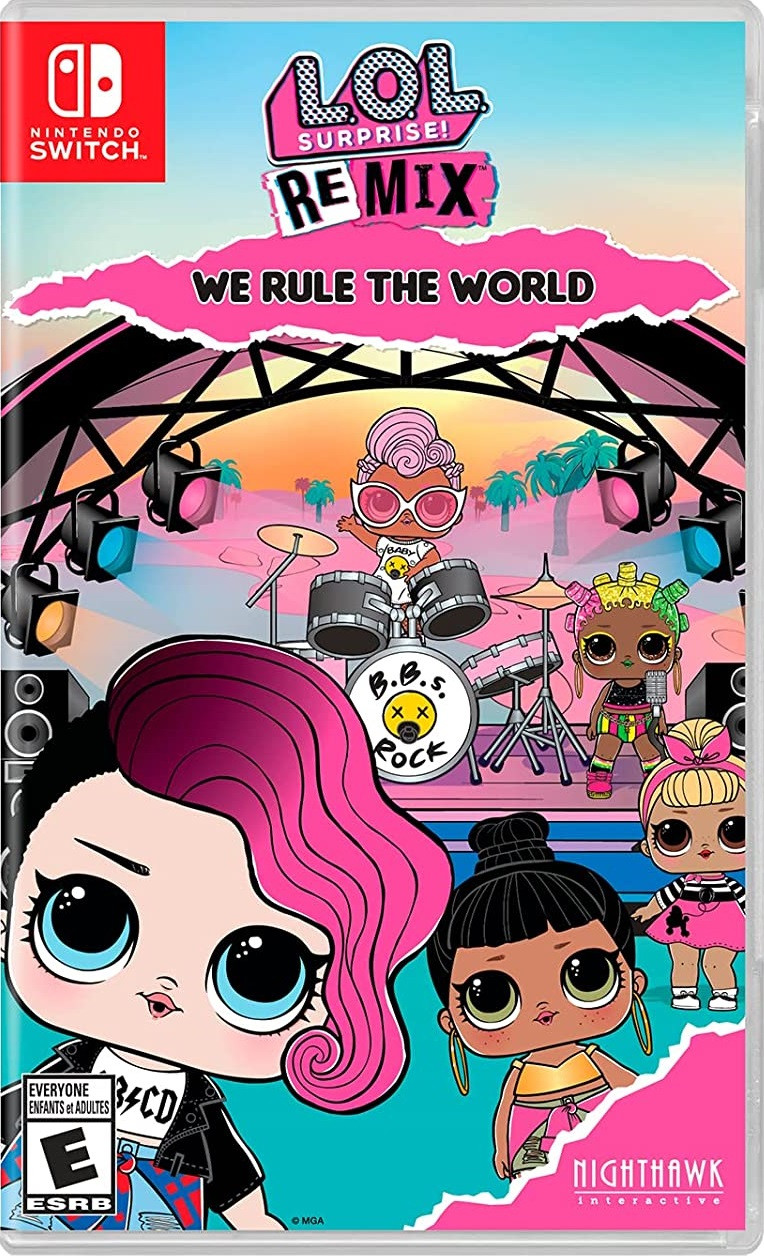
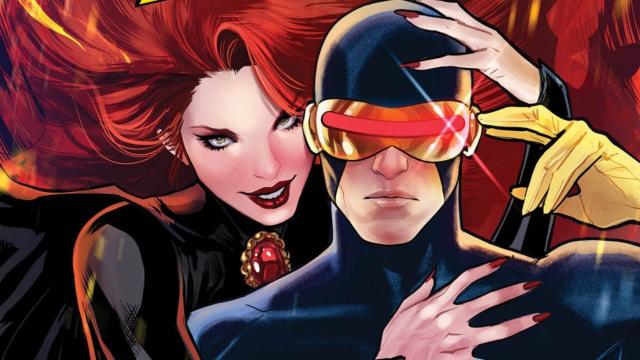
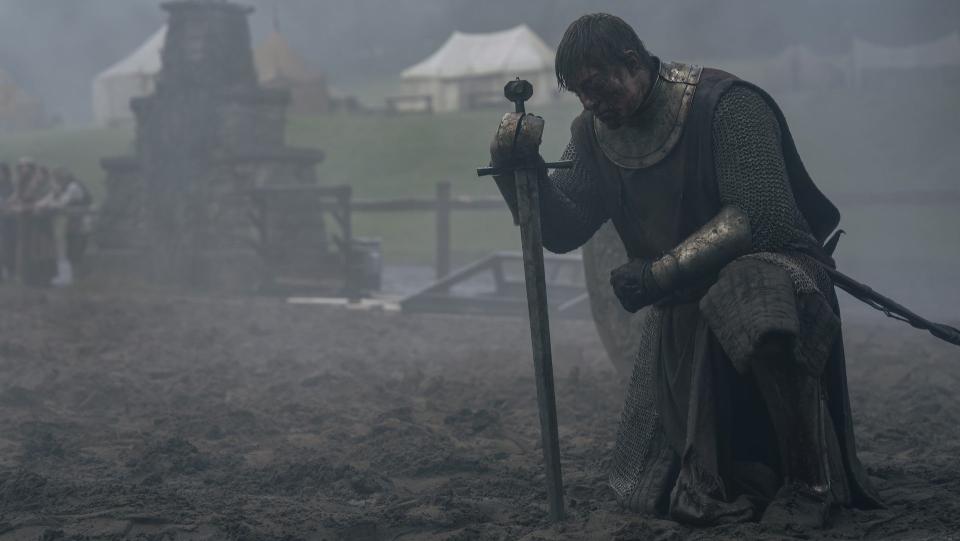
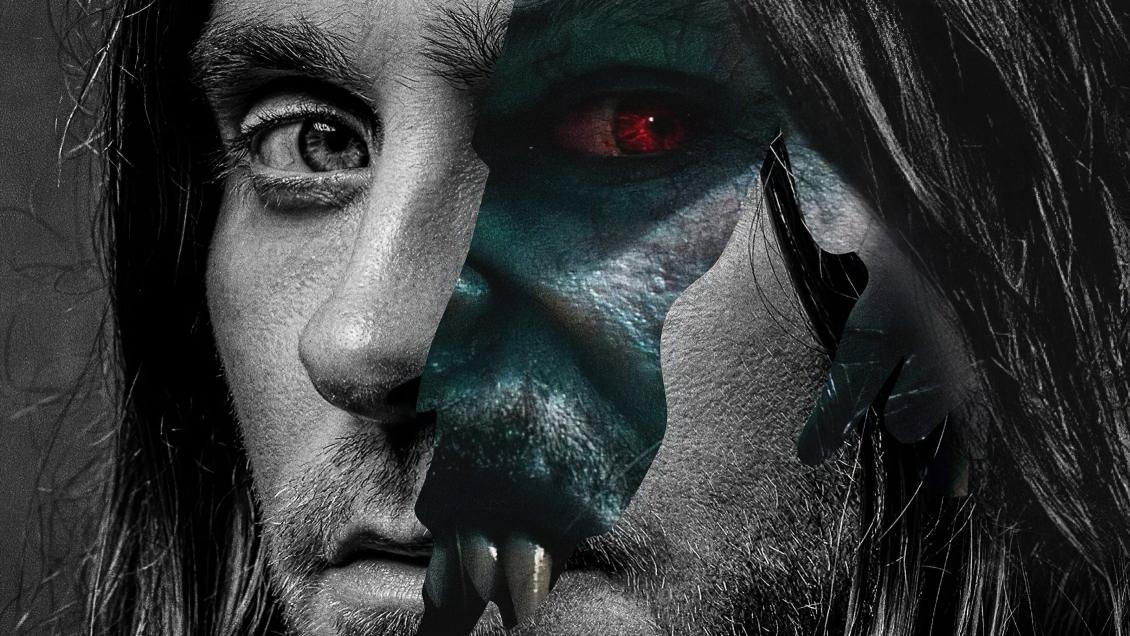
Comments
It's wild how AI development keeps outpacing copyright law - feels like we're watching a real-time collision between cutting-edge tech and creative rights. Hopefully this pushback leads to clearer guidelines that respect artists while still allowing innovation to flourish.
Man, AI's creative potential is exciting, but seeing publishers push back really shows we're entering uncharted legal waters. This feels like the gaming industry's Napster moment, where new tech forces us to rethink how we protect digital creations.